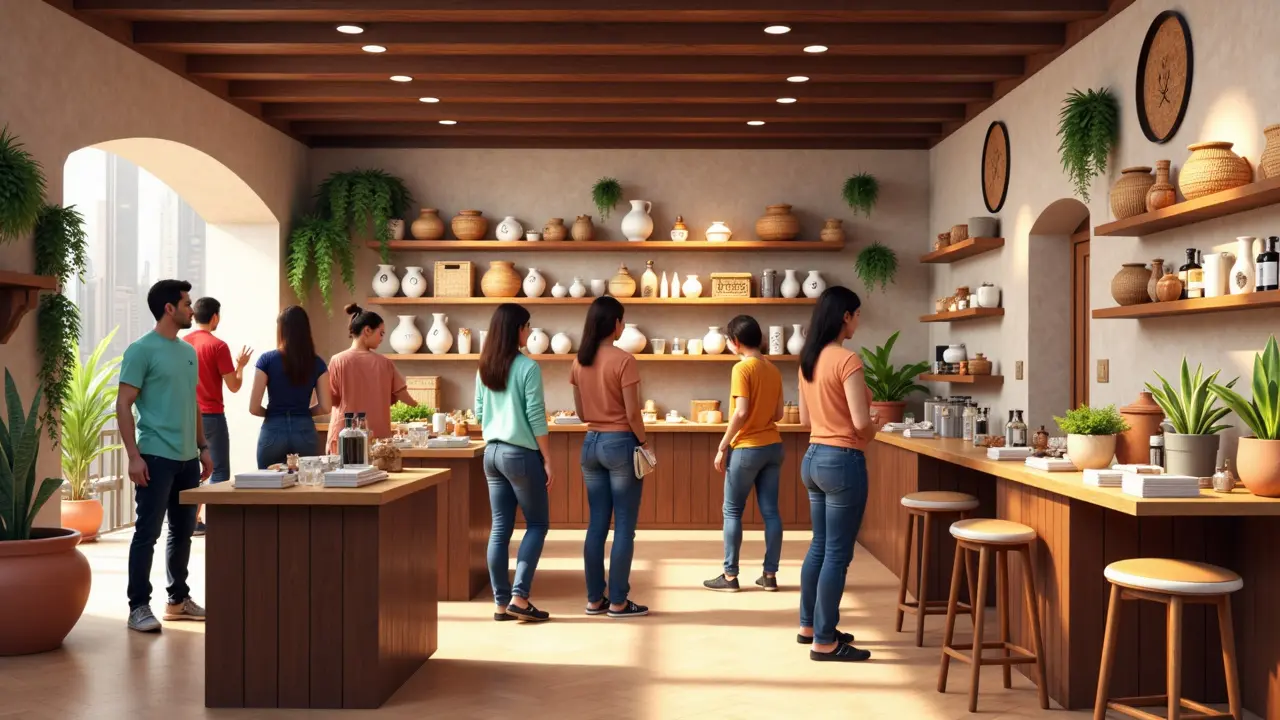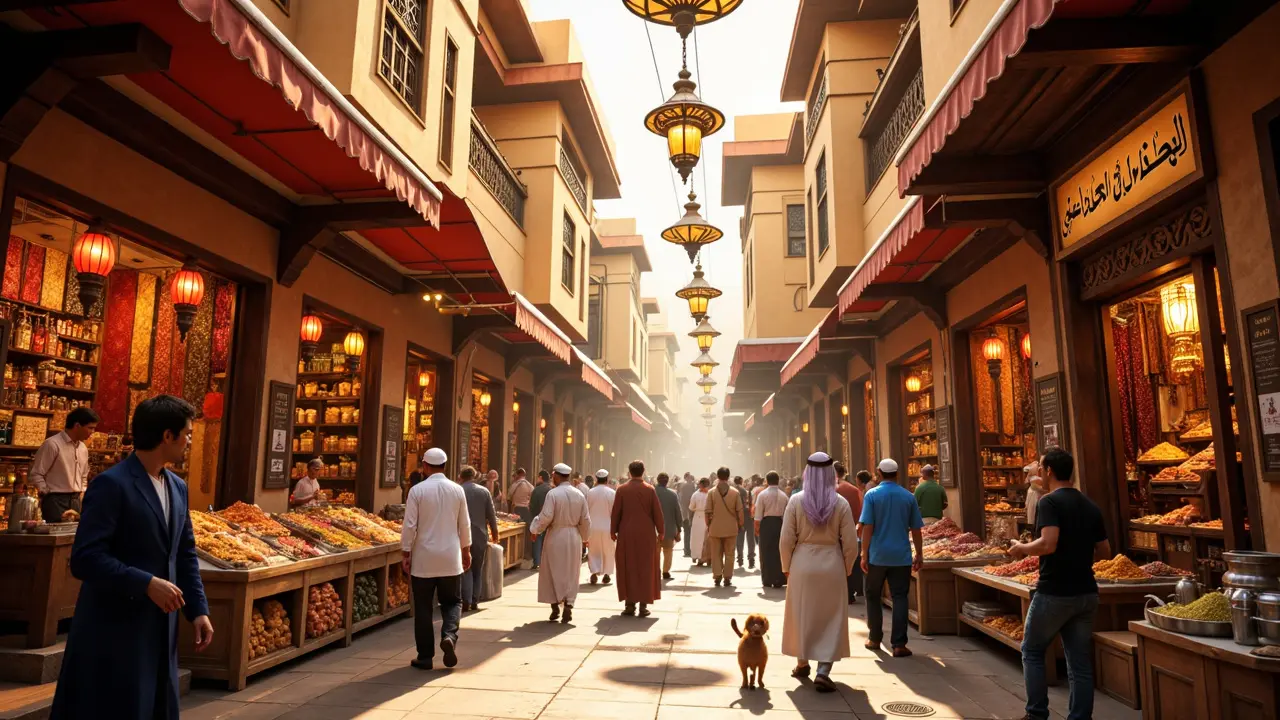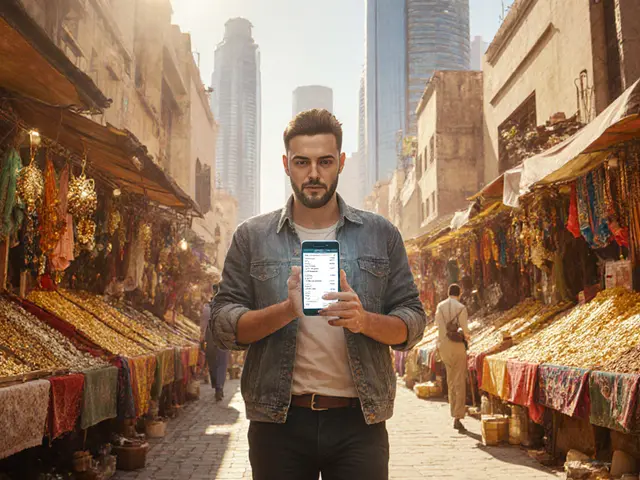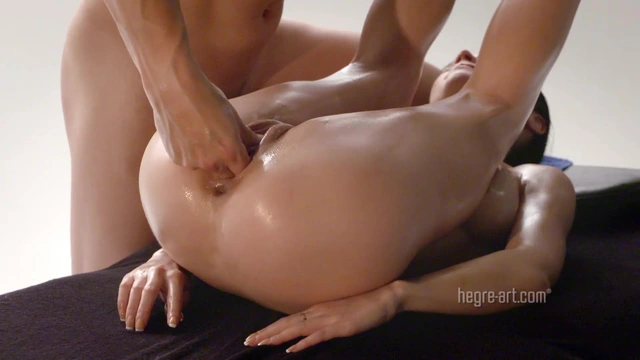Everyone thinks of Dubai’s mega malls first—but there’s a whole world of tiny, character-rich shopping destinations most folks miss out on. Yes, The Dubai Mall and Mall of the Emirates are cool (who doesn’t love the indoor ski slope?), but have you checked out tucked-away souqs in Al Fahidi or the heritage shops along Jumeirah Road?
Here’s the thing: small-town-style stores aren’t just for tourists hunting for camel souvenirs. These spots are a goldmine if you love finding pieces with real local story. So, next time you want something no one else has—or just want a break from crowds—skip the mall. Try the old Karama markets or drive out to Hatta to visit family-run bakeries and pottery studios.
If you speak a bit of Arabic, use it. Shopkeepers here actually bargain (unlike the mall chains), and you might score unique kurta fabrics, antique tea sets, or local honey straight from the source. Morning is best for quiet exploring and fresh snacks—a lot of stalls roll up by mid-afternoon, especially on Fridays. Oh, and most smaller spots only accept cash, so bring some dirhams just in case.
- Beyond the Malls: Where Local Character Shines
- Must-Visit Small-Town Shopping Spots Near Dubai
- Local Crafts and Unique Finds: What to Look For
- Making the Most of Your Small-Town Shopping Day
Beyond the Malls: Where Local Character Shines
If you only stick to the usual giant malls, you’re missing out on a whole side of Dubai shopping life. Smaller, old-school marketplaces are where you really feel the city’s energy. Think Deira’s Gold Souk or the old Textile Souk by the Creek, where the crowds are a mix of local aunties, traders, and travelers who actually want to chat, not just rush through.
Al Fahidi’s narrow lanes are full of quirky little galleries, coffee shops, and clothing stores. There’s Alserkal Avenue too, but tucked into Al Quoz instead of downtown, with independent shops selling art, homeware, and handmade goods. And if you’re out in Satwa, the Iranian Souk is home to everything from textiles to ceramic plates—lots made by families who’ve been Dubai residents for generations.
Here’s a reality check that’s easy to forget: While the big malls rack up around 100 million visits per year in Dubai, about 30% of residents say they still prefer shopping at markets and local shops for a break from tourist crowds and chain stores.
| Shopping Spot | Location | Best For |
|---|---|---|
| Deira Gold Souk | Deira | Gold, jewelry, bargaining fun |
| Textile Souk | Bur Dubai | Fabrics, scarves, tailor services |
| Satwa Market | Al Satwa | Souvenirs, hardware, local snacks |
| Hatta Heritage Village | Hatta | Pottery, art, honey |
Shopping here takes a different mindset. Forget shop assistants on earpieces or everything being perfectly labeled—sometimes you really do need to wander, ask questions, and see what pops up. Vendors often remember repeat customers and give real recommendations or discounts. You’ll also see items you just can’t find in chains: hand-embroidered kaftans, Arabic calligraphy notebooks, or oud perfumes mixed right in front of you.
One tip: Fridays are busiest after Jummah prayer, so go early if you want quieter aisles. And don’t be shy about haggling—here, it’s part of the fun, and you’ll almost always walk away with a better deal or a little freebie thrown in.
Must-Visit Small-Town Shopping Spots Near Dubai
If you’re serious about exploring outside the usual tourist circuit, there are some gems on the edge of Dubai and just beyond city limits that offer vibes totally different from the malls. The best part? Many are just a quick drive away.
Dubai shopping isn’t complete without a stroll through the old Al Fahidi Historical Neighbourhood. Get lost in the narrow lanes and check out art shops, indie cafés, and pop-up craft stores. For something less expected, Saruq Al Hadid Street in Shindagha hosts a handful of tiny antiques stores mixed with small goldsmiths — bargaining is still normal here, so don’t be shy to negotiate.
Venture out to Al Ain, and you’ll find the Al Ain Souq—a classic example of a UAE market buzzing with local shoppers. Here, you get everything from Yaqoot jewelry to baskets woven by local women. If you’d rather stay closer to Dubai, Hatta Heritage Village is an hour’s drive and has shops selling mountain honey, handmade pottery, and carpets from Oman.
Don’t forget about Ajman’s old market, less than an hour away. It’s packed with textile shops, perfume stalls, and old-school barbers around every corner. Even Sharjah has its hidden corners—like the Blue Souk, with hundreds of little stores tucked into a building that looks straight out of a storybook. For a more sea-inspired feel, Umm Al Quwain’s Saturday market has fishermen hawking their fresh catch next to stalls selling dates and spices.
- Parking can be tricky in some older areas—bring coins for the meters or use Dubai’s RTA parking app.
- Fridays are busy in most markets; for a relaxed vibe and proper browsing, try Saturday mornings.
- Some of these spots don’t take cards, so keep cash handy.
- Dress comfortably and keep it modest out of respect for local tradition—think loose shirts and something to cover knees and shoulders.
These places aren’t about glitz—they’re about community, stories, and finding stuff you just won’t see anywhere else. If you live in Dubai or you’re here long-term, visiting a few of these is almost like discovering a secret club of real, local shoppers. Bring a tote bag; you’ll need it for all the cool finds you’ll bring home.

Local Crafts and Unique Finds: What to Look For
In Dubai, getting your hands on something special isn’t limited to what you see in malls. The small-town shopping spots around the city are packed with authentic goods—things you won’t find on Sheikh Zayed Road. If you want to remember your time in the UAE or gift something actually made here, here’s what you should keep an eye out for.
- Dubai shopping: Handmade Arabic coffee pots (dallahs), which you’ll spot in both brass and silver, especially in places like Satwa or the Deira Souq.
- Traditional textiles: Keep an eye out for handwoven scarves, kanduras, or abayas. Many small tailors in Bur Dubai offer customizations you can’t get with ready-made.
- Sadu weaving: Hatta shops and some community centers carry Sadu rugs and cushions. This Bedouin craft is on UNESCO’s list of Intangible Cultural Heritage, and buying it helps support local artisans.
- Ceramics from Ras Al Khaimah: You’ll spot local pottery and simple dinnerware, especially if you venture outside Dubai to places like Hatta or even Fujairah on a weekend drive.
- Spices and honey: The old Deira Spice Souk is loaded with saffron, dried rose petals, and sidr honey from UAE farms, way fresher—and cheaper—than supermarket jars.
- Incense burners and oud: Most tiny perfume stores in Satwa or Karama carry real oud—just ask to try before you buy, since prices and quality swing wildly.
When you shop for these, don’t be shy to ask where things are from—genuine local crafts are different from cheap imports, and sellers are used to curious shoppers. Here’s a quick cheat sheet highlighting average prices you’ll see at smaller shops versus big malls, just so you don’t feel ripped off:
| Item | Small-Shop Price (AED) | Mall/Chain Price (AED) |
|---|---|---|
| Handmade Dallah (Coffee Pot) | 80-250 | 300-700 |
| Sadu Cushion Cover | 50-120 | 150-300 |
| Sidr Honey (250g) | 60-100 | 110-200 |
| Oud Incense (30g) | 120-200 | 250-400 |
Most artisans are happy to chat about their work and even show you how they make stuff. That’s almost impossible to get at a big retailer. And if you’re after fair prices, don’t forget—gentle haggling isn’t just okay, it’s expected. Ask for a small discount, especially if you’re buying more than one item. Chances are you’ll walk away with something valuable, with a good story behind it.
Making the Most of Your Small-Town Shopping Day
If you want to squeeze every bit of charm from Dubai’s small-town shopping scene, you need a little strategy. It’s different from your regular Dubai Mall trip. Start by mapping out your destinations—many hidden gems are spread from Satwa’s textile stores to the art cafés in Alserkal Avenue. Hatta Heritage Village, just over an hour from central Dubai, packs both shopping and Emirati culture into one spot.
Pay attention to hours. Street markets and souqs usually open early and slow down by mid-afternoon, especially on Fridays. Visit during weekday mornings if you want less crowd and a chance to actually chat with the shopkeepers. Don’t count on using your credit card everywhere—many places still only deal in cash. And bring your own reusable bag; small stores don’t always have extras.
If you’re bargain-hunting, remember: it’s okay to politely negotiate prices at independent stalls. Vendors expect it, and it can actually be a fun part of the experience. For the best snacks or gifts, look for shops with local families running the counter—they often stock things you won’t find in the big malls, like homemade saffron tea or locally woven baskets.
- Carry small bills and change for faster purchases.
- Download the Careem or Uber app—you might need a quick ride between markets.
- Check Google Maps or community groups for festival pop-ups; Hatta and Al Fahidi host seasonal markets, especially around UAE National Day in December and Ramadan.
- Dress comfortably and modestly, especially if you’re exploring more traditional neighborhoods.
Take a look at how shopping at small-town-style spots stacks up to the big malls:
| Experience | Small-Town Markets | Big Dubai Malls |
|---|---|---|
| Opening Hours | Early morning until mid-afternoon | 10am to midnight |
| Payment options | Mainly cash | Mostly card/cashless |
| Unique items | Handmade goods, local foods, collectibles | International brands, chain stores |
| Atmosphere | Personal, local, social | Modern, busy, polished |
| Bargaining | Expected | Not common |
There’s no need to stick with the usual mall routine. Try these smaller markets and you’ll see why Dubai shopping is so much more than luxury brands. With the right approach, your next shopping day will be something you actually remember—and maybe even something you brag about.






